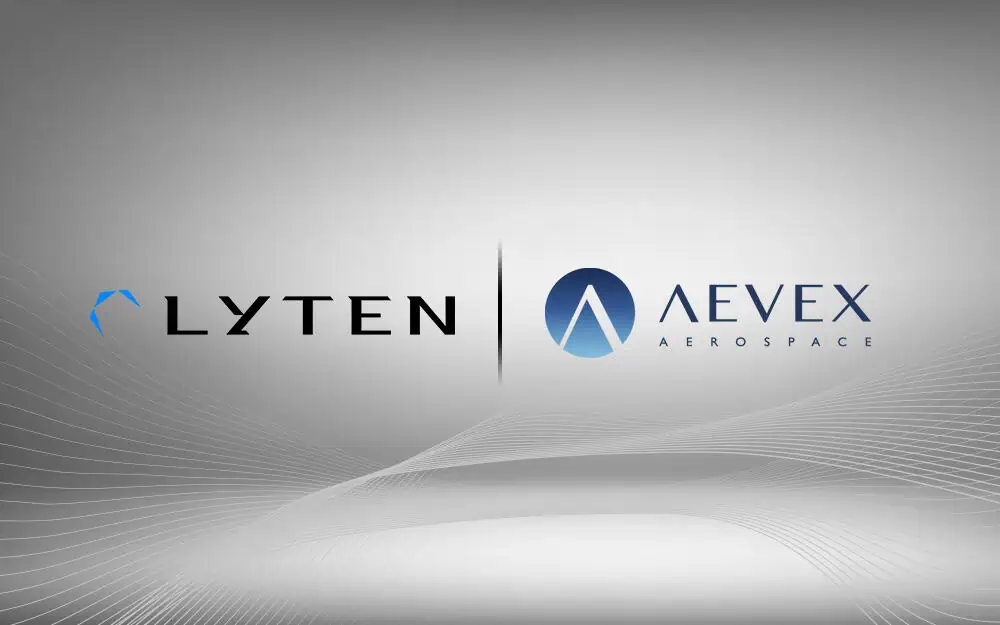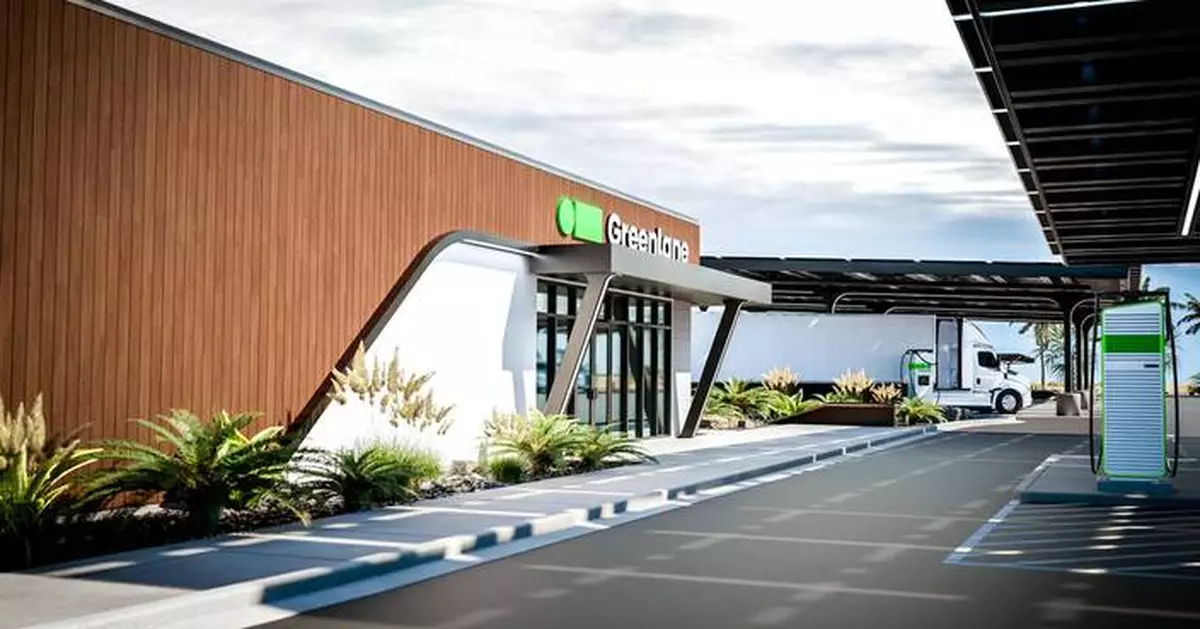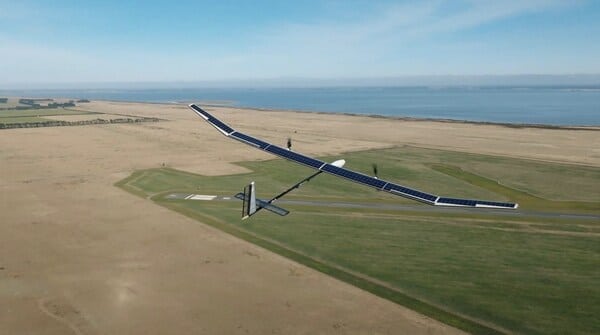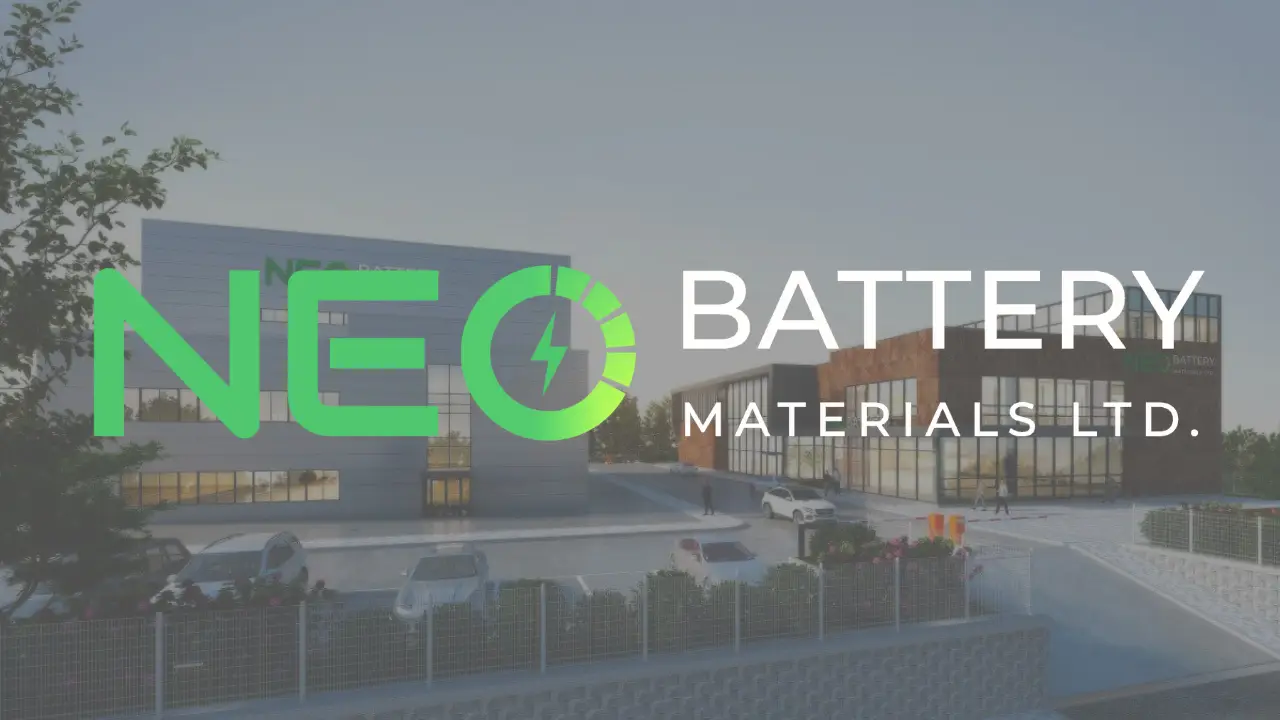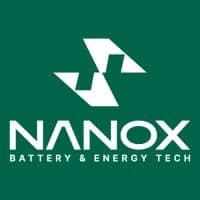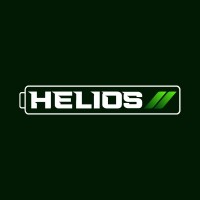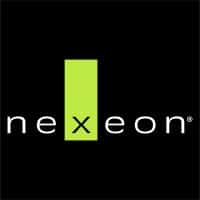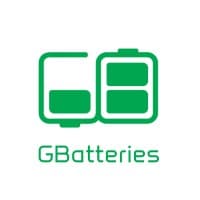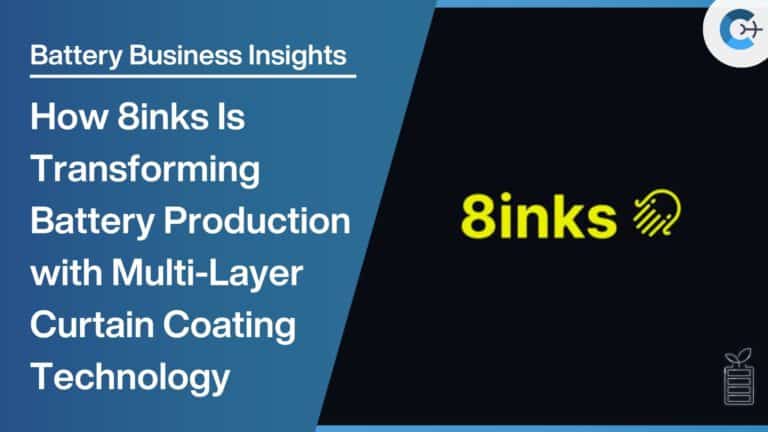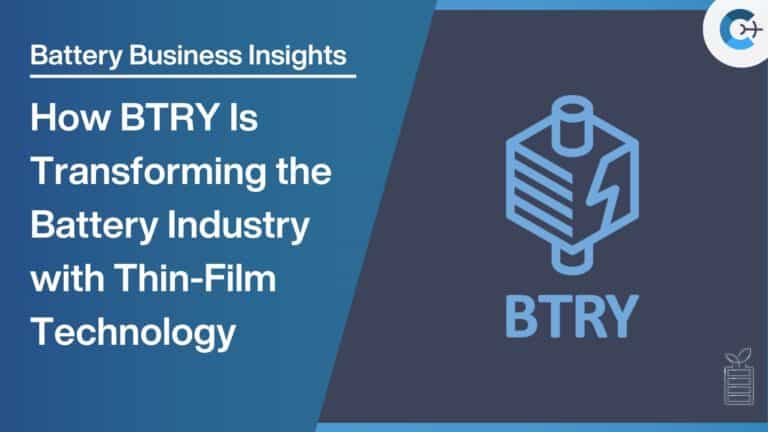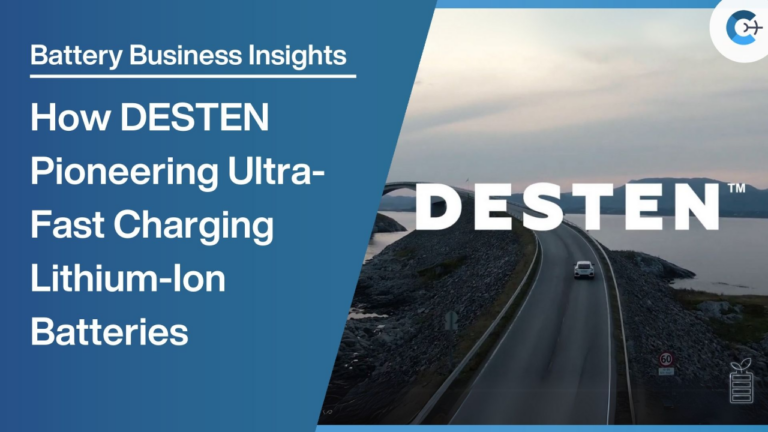Lyten, a leader in lithium-sulfur batteries and supermaterial applications, and AEVEX Aerospace, a specialist in airborne intelligence solutions, have announced a partnership to integrate domestic lithium-sulfur battery cells into unmanned aerial vehicles (UAVs). The goal of this collaboration is to develop lighter, longer-range UAVs that meet the domestic battery sourcing requirements of the 2024 National Defense Authorization Act (NDAA).
Lyten’s high-energy density Lithium-Sulfur cells, manufactured in San Jose, California, are fully compliant with the 2024 NDAA. The company has been recognized on the Silicon Valley Defense Group NATSEC100 list for two consecutive years, being the only battery manufacturer included. Pending the successful development and delivery of operational batteries, AEVEX Aerospace, known for its advanced manned and unmanned systems, plans to integrate Lyten’s cells into its UAVs. The partnership aims to deliver Lyten lithium-sulfur-powered UAVs by the end of 2024.
Dan Cook, CEO and co-founder of Lyten, highlighted the company’s focus on developing batteries for mass market electrification, emphasizing the importance of higher energy density, lower weight, and the use of abundant, low-cost raw materials that can be manufactured domestically. Brian Raduenz, CEO of AEVEX, noted that this partnership not only meets the 2024 NDAA mandate, but also results in more capable and safer UAVs.
Lyten’s lithium-sulfur batteries are designed for a variety of industries, including automotive, aerospace, micromobility, defense, and consumer electronics. The cells comply with the Inflation Reduction Act and the NDAA 2024 and are not subject to the Section 301 tariffs on electric vehicles, batteries and critical minerals imported from China. This collaboration comes in response to the 2024 NDAA, which prohibits the US Department of Defense from procuring batteries or battery components from Chinese manufacturers after October 2027.
Source: Lyten Website

